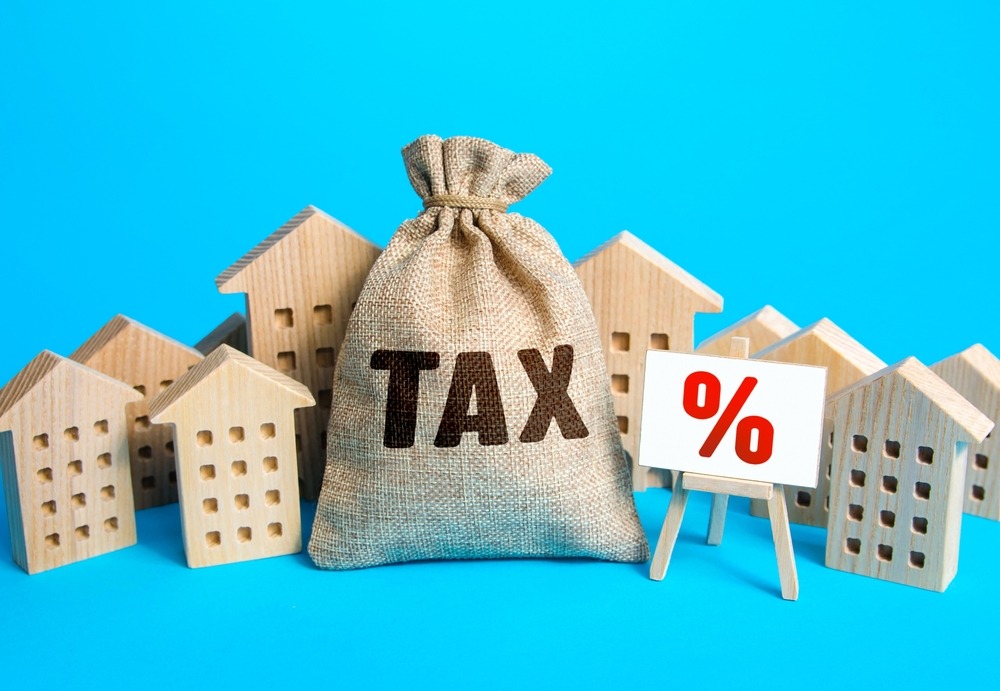
First reported by The Guardian, this will be part of a tax overhaul announced at the Autumn Budget later this year. Ministers in the Treasury have reportedly been asked to assess how a new proportional tax could work and to model its impact.
The rate of property tax applied is expected to be based on the value of a home and will not replace stamp duty on second homes.
The most recent house price index from the government – which covers May – showed London was the only region where house prices exceeded £500,000, with an average value of £565,637. The average price for houses across the UK was £269,000, representing a £10,000 increase on May last year.
Stamp duty receipts from April to June showed that the tax collector was paid £4.6bn, £400,000 more than the previous year.
No date has been confirmed for the Autumn Budget, but it has been speculated that the statement will be made between 28 October and 4 November.

Five benefits of buying property through a limited company
Sponsored by BM Solutions
The Chancellor is expected to announce measures to raise taxes to fill a £51bn black hole in the country’s finances. However, the government has stated several times that there will be no tax increases for working people.
A spokesperson from HM Treasury said: “As set out in the Plan for Change, the best way to strengthen public finances is by growing the economy – which is our focus. Changes to tax and spend policy are not the only ways of doing this, as seen with our planning reforms, which are expected to grow the economy by £6.8bn and cut borrowing by £3.4bn.
“We are committed to keeping taxes for working people as low as possible, which is why at last Autumn’s Budget, we protected working people’s payslips and kept our promise not to raise the basic, higher or additional rates of income tax, employee National Insurance, or VAT.”
Last week, it was reported that the Treasury was considering changes to inheritance tax (IHT) allowances around gifting and the time that assets are transferred before death.





